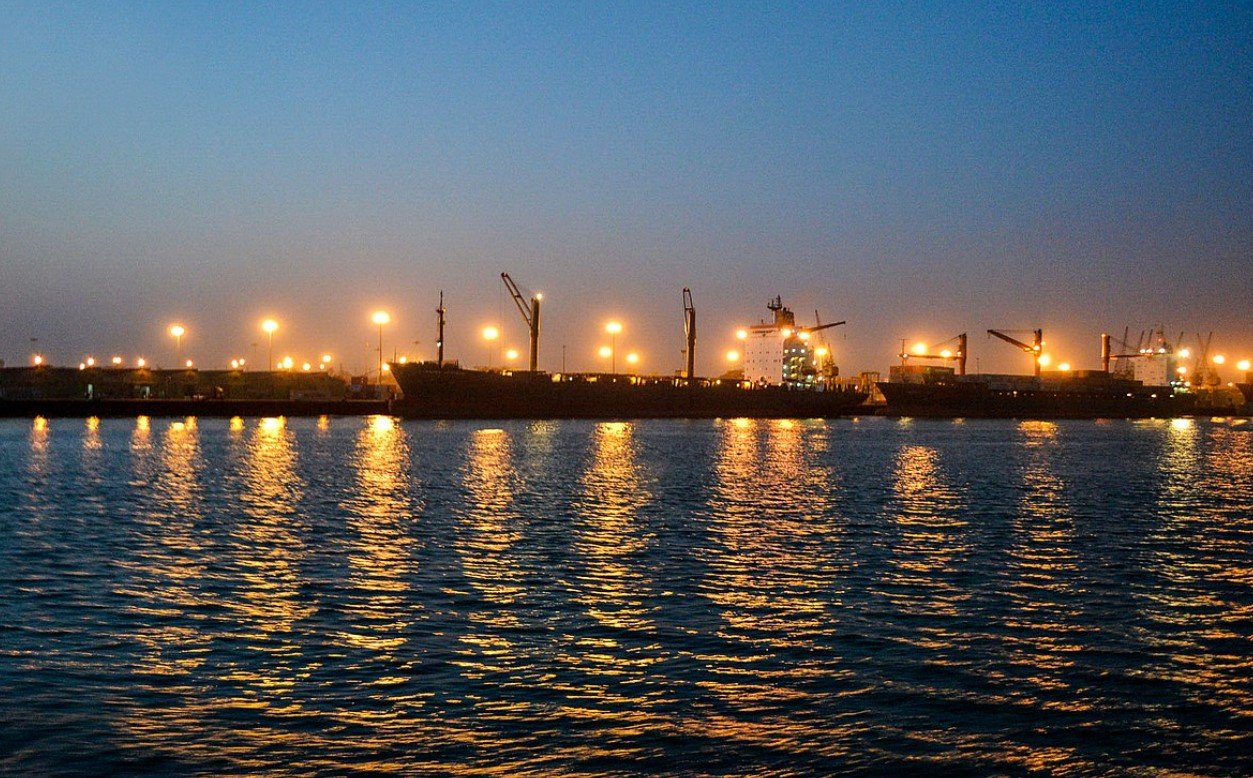The Chittagong Port, a crucial hub for Bangladesh’s trade, has seen a significant improvement in operations, leading to a resurgence in business optimism. The movement of export and import goods, which had been severely disrupted by security concerns following political changes, has accelerated. This improvement is restoring confidence among traders and businesses. The port’s container handling capacity has increased, and the overall situation is gradually returning to normal, with a notable reduction in container congestion.
Enhanced Port Operations Boost Trade
The recent political stability has positively impacted the operations at Chittagong Port. The port, which had been facing severe disruptions, is now witnessing a steady flow of goods. This change is attributed to the new interim government and the return of police presence, which has alleviated security fears. As a result, the delivery of imported goods and the receipt of export containers have increased significantly. The port’s data shows a marked improvement in container handling, with the number of containers delivered from the port yards nearly doubling within a few days.

The reduction in container congestion is another positive development. The number of containers stacked in the port yards has decreased, indicating a smoother flow of goods. This improvement is crucial for maintaining the efficiency of the port and ensuring timely deliveries. The port authorities are optimistic that the situation will continue to improve, further boosting business confidence.
The recovery extends beyond the port itself. Many factories in the region have resumed operations and are dispatching goods to inland container depots (ICDs) for shipment. This resurgence in activity is a testament to the resilience of the local businesses and their ability to adapt to changing circumstances.
Increased Container Handling Capacity
The Chittagong Port has made significant strides in increasing its container handling capacity. Recent data indicates a substantial rise in the number of containers handled daily. This increase is a result of improved operational efficiency and better coordination among various stakeholders. The port authorities have implemented several measures to enhance the handling capacity, including the procurement of new equipment and the modernization of existing systems.
The port’s ability to handle a higher volume of containers is crucial for supporting the country’s trade activities. With the increase in container handling capacity, the port can accommodate more ships and ensure faster turnaround times. This improvement is expected to have a positive impact on the overall trade dynamics of the region.
The port authorities are also exploring ways to further enhance the handling capacity. Proposals include increasing the daily vessel berthing from 7-10 to 12 and allowing ICDs to handle some import containers. These measures are aimed at reducing congestion and ensuring a smooth flow of goods through the port.
Positive Outlook for Future Operations
The improvements at Chittagong Port have led to a positive outlook for future operations. The port authorities are confident that the current trends will continue, leading to further enhancements in operational efficiency. The reduction in container congestion and the increase in handling capacity are expected to have long-term benefits for the port and the country’s trade activities.
The business community is also optimistic about the future. The recent improvements have restored confidence among traders and businesses, who are now more willing to engage in trade activities. The port’s ability to handle a higher volume of goods is seen as a positive sign for the future, indicating a stable and efficient trade environment.
The port authorities are committed to maintaining the current momentum and ensuring that the improvements are sustained. They are working closely with various stakeholders to address any challenges and implement further enhancements. The goal is to make Chittagong Port a leading hub for trade in the region, supporting the country’s economic growth and development.









